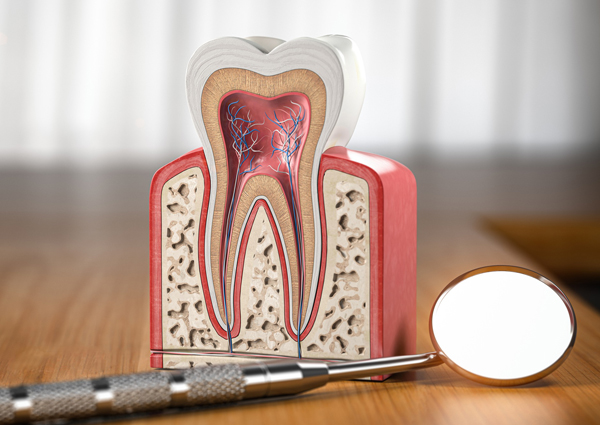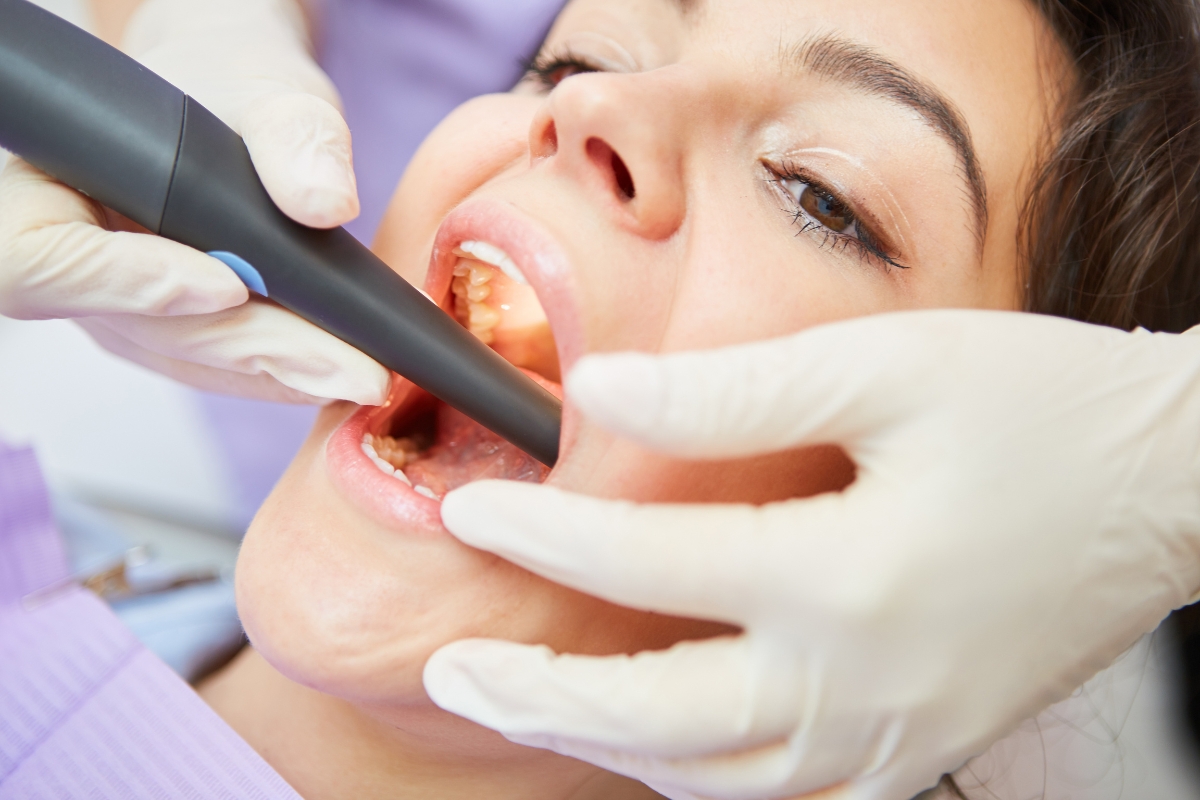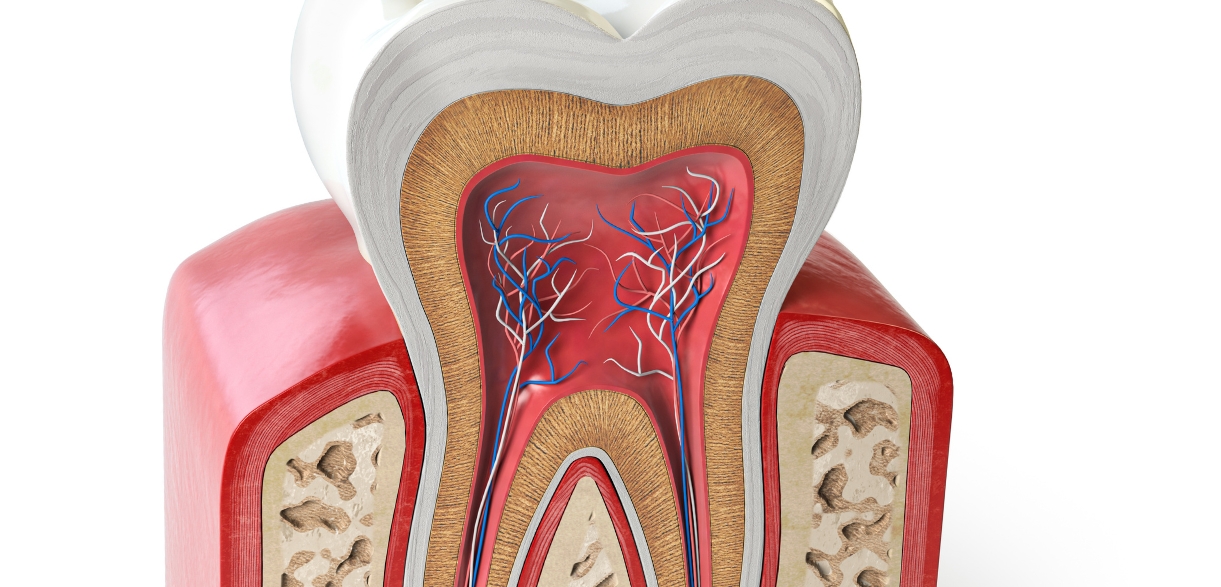$99 New Patient Special - Includes Exam, X-Ray and Basic Cleaning
How Long Does It Take to Recover After a Root Canal Treatment?
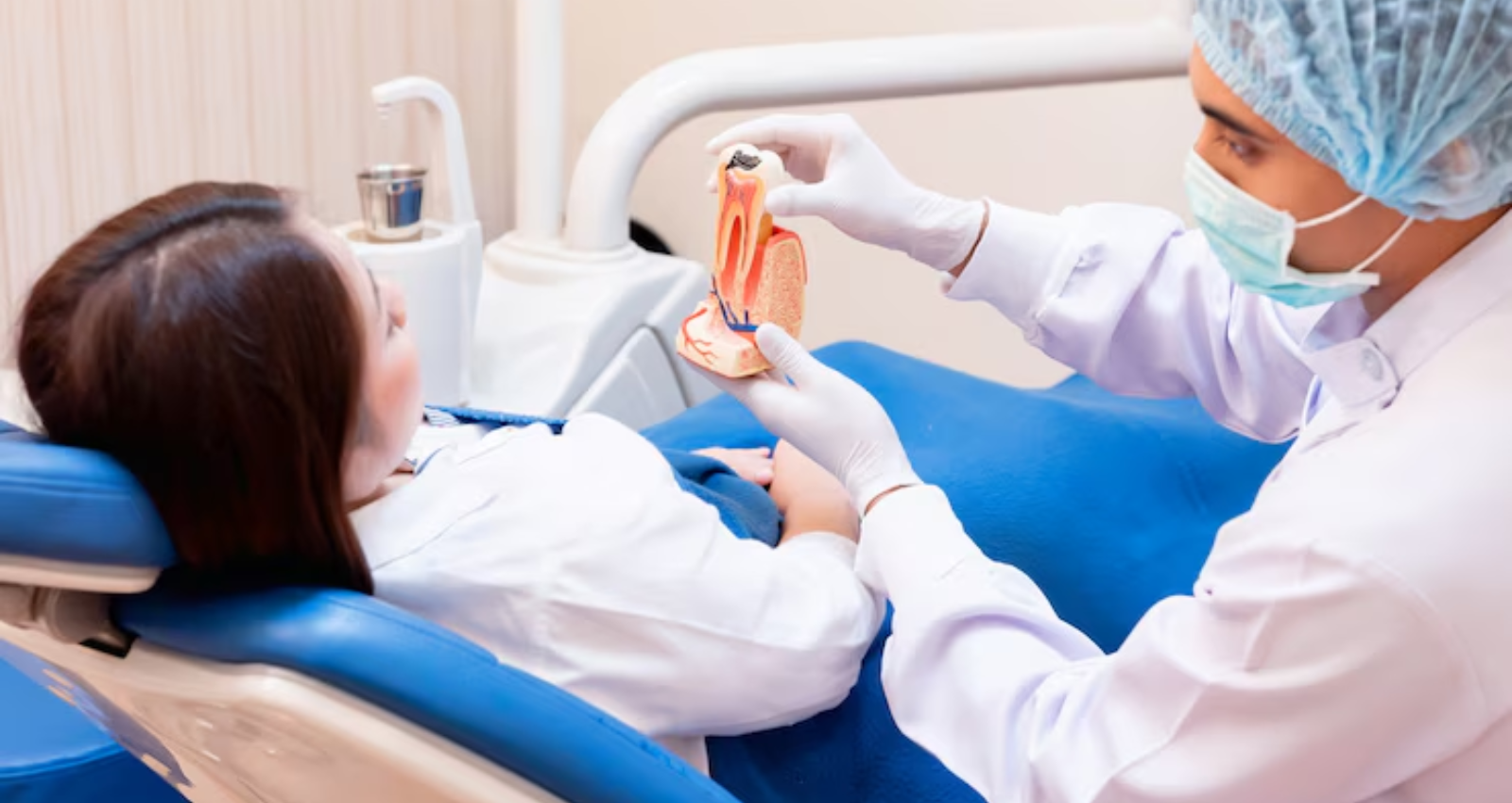
If you’re facing a root canal treatment or have recently undergone one, understanding the recovery process can ease your worries and prepare you for what’s to come. Many people have misconceptions about this procedure, fearing it will be extremely painful and lengthy. In reality, recovery times can vary, but most patients find the process manageable with proper care.
In this blog post, we’ll explore the recovery timeline after a root canal treatment, factors that can affect recovery, tips for aftercare, and signs that may indicate complications. This comprehensive guide will help you navigate your recovery with confidence.
What Is a Root Canal Treatment?
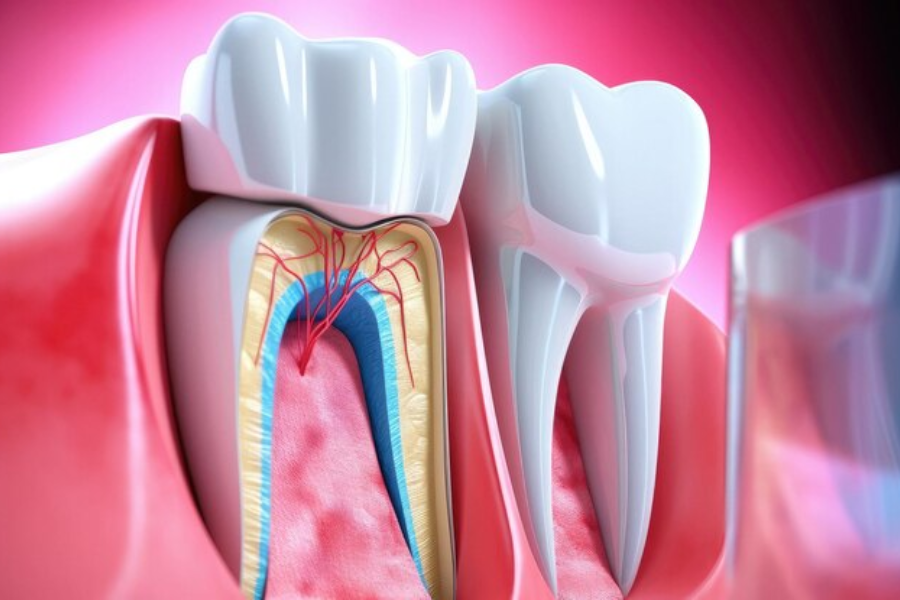
Before we delve into recovery timelines, it’s important to understand what a root canal treatment entails. This dental procedure is designed to save a tooth that has become infected or severely damaged. The primary steps include:
- Diagnosis: Your dentist will perform an examination and possibly take X-rays to assess the condition of the tooth.
- Anesthesia: Local anesthesia is administered to ensure you feel no pain during the procedure.
- Access Opening: The dentist drills an opening in the tooth to reach the pulp chamber.
- Pulp Removal: The infected or damaged pulp is carefully removed.
- Cleaning and Shaping: The inner canals of the tooth are cleaned and shaped to prepare for filling.
- Filling: The cleaned canals are filled with a biocompatible material called gutta-percha.
- Sealing: The access opening is sealed, often with a temporary filling, and a crown may be placed during a follow-up visit.
Now that you have a basic understanding of the procedure let’s look at the recovery timeline.
Typical Recovery Timeline
Immediate After the Procedure
- First 24 Hours:
- Pain and Discomfort: After the anesthesia wears off, you may experience some discomfort or mild pain. This is normal and can be managed with over-the-counter pain relievers like ibuprofen or acetaminophen.
- Numbness: Expect numbness in the area for several hours due to anesthesia. Avoid eating until the numbness has completely subsided to prevent accidental bites on your cheek or tongue.
- Rest: Try to rest as much as possible. Limit physical activities for the first day.
Days 1 to 3
- Days 1-3:
- Sensitivity: Mild sensitivity to pressure or temperature changes is common but should gradually decrease.
- Swelling: Any swelling should start to reduce within this period. If swelling increases or persists, consult your dentist.
- Diet: Stick to soft foods like yogurt, mashed potatoes, or smoothies. Avoid hard or crunchy foods that could irritate the treated area.
One Week Post-Procedure
- Days 4-7:
- Improvement: Most patients report a significant decrease in discomfort by the end of the first week. If you still feel pain, it’s essential to follow up with your dentist.
- Regular Activities: Many people return to normal activities within a few days but should still be cautious about strenuous exercises.
Two Weeks and Beyond
- Days 8-14:
- Recovery Continues: By the end of two weeks, most patients have returned to their usual routines and experience minimal to no pain.
- Sensitivity: Any lingering sensitivity should continue to decrease. If it doesn’t, you may need to discuss it with your dentist.
- Three to Six Weeks:
- Full Recovery: Full recovery usually occurs within a month, although some patients may take a bit longer to heal fully, especially if the tooth was severely infected.
Long-Term Recovery
- Three Months and Beyond:
- Healing: It may take a few months for the bone and surrounding tissues to heal completely. If you notice persistent pain or other unusual symptoms, consult your dentist for further evaluation.
Factors Affecting Recovery Time
Recovery times can vary based on several factors, including:
1. Individual Pain Tolerance
Everyone’s pain threshold is different. Some people may experience more discomfort than others, affecting how they perceive their recovery time.
2. Complexity of the Procedure
The complexity of your specific case plays a crucial role in recovery. For instance, if your tooth has multiple canals or a severe infection, it may take longer to heal.
3. Oral Hygiene Practices
Maintaining good oral hygiene is critical. Proper brushing and flossing can prevent infections and promote faster healing.
4. Underlying Health Conditions
Certain medical conditions, such as diabetes or autoimmune diseases, can affect your body’s healing ability, potentially prolonging recovery.
5. Follow-Up Care
Regular follow-up appointments with your dentist can catch any potential complications early, helping ensure a smoother recovery.
Aftercare Tips for a Smooth Recovery
Aftercare is essential for a comfortable recovery. Here are some helpful tips to keep in mind:
1. Pain Management
Use prescribed or over-the-counter pain relievers as needed. If discomfort continues or worsens, contact your dentist for advice.
2. Cold Compresses
Applying a cold compress to the outside of your cheek can help reduce swelling and numb the area for relief.
3. Dietary Adjustments
Stick to a soft food diet for a few days post-treatment. Avoid hard, crunchy, or sticky foods that could irritate the area.
4. Good Oral Hygiene
Continue to brush and floss your teeth, being gentle around the treated area. Avoid alcohol-based mouthwashes, which can irritate the gums.
5. Stay Hydrated
Drink plenty of water to stay hydrated, as this aids the healing process.
6. Rest and Avoid Strenuous Activities
Prioritize rest and avoid heavy lifting or vigorous exercise for a few days to allow your body to heal.
Signs of Complications
While most root canal recoveries go smoothly, it’s crucial to be aware of potential complications. If you experience any of the following signs, seek dental attention:
- Severe Pain: If pain persists or worsens beyond the first few days.
- Persistent Swelling: Swelling that does not decrease over time.
- Fever: A fever may indicate an infection.
- Pus or Drainage: Any discharge from the treated area should be evaluated by your dentist.
When to Consult Your Dentist
If you experience any concerning symptoms, it’s essential to reach out to your dentist promptly. Early intervention can prevent complications and ensure a smoother recovery.
Recovering from a root canal treatment typically takes a few days to a few weeks, depending on various factors. By understanding the recovery timeline and following proper aftercare, you can make the process smoother and more manageable.
If you’re facing a root canal treatment, remember that this procedure is designed to save your tooth and alleviate pain. Don’t hesitate to discuss any concerns with your dentist, as they can provide personalized advice to ensure your recovery is as swift and comfortable as possible.



